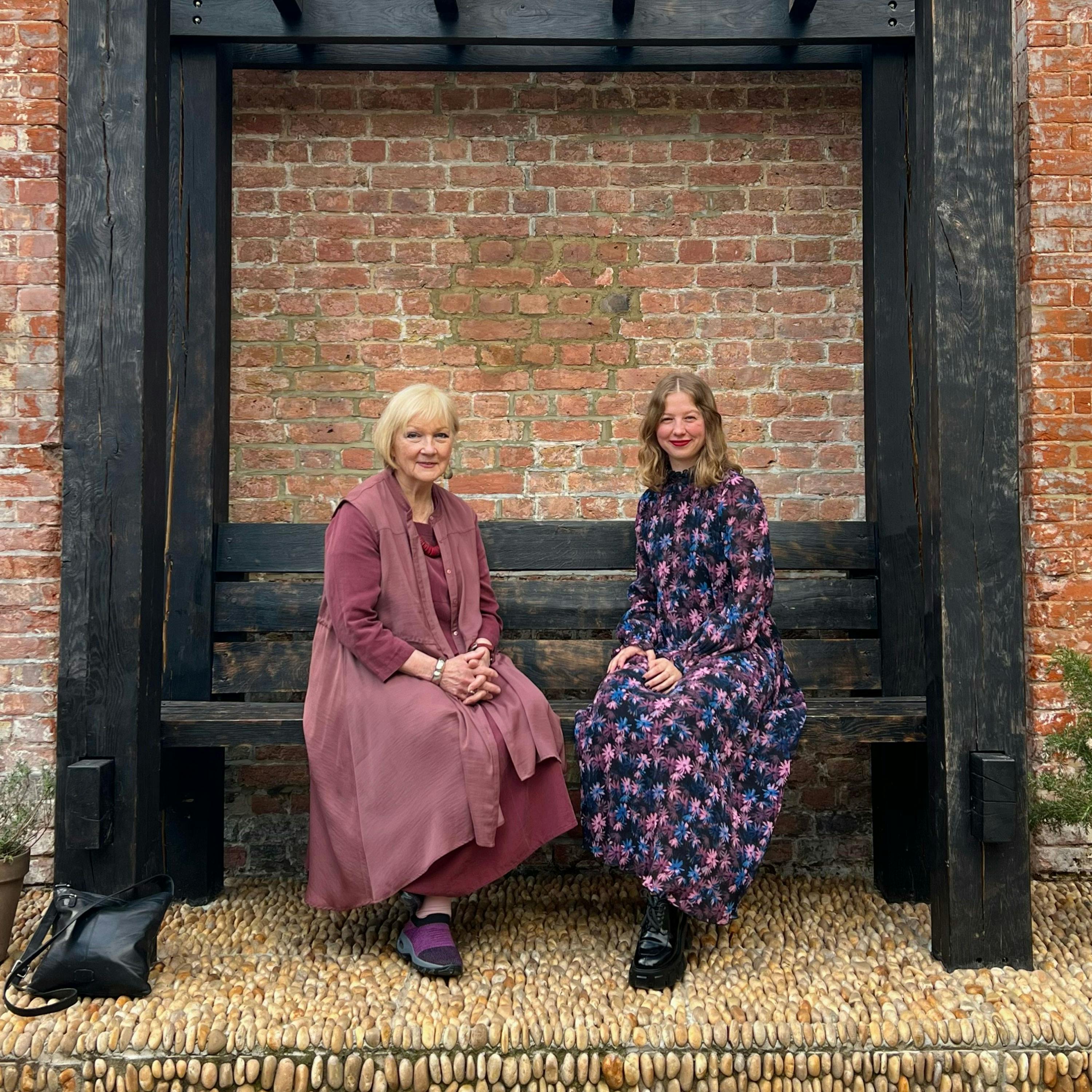Anna Engelhardt is a research-based media artist and writer. Their practice examines infrastructures of post-Soviet cyberspace through a decolonial lens, with an overarching aim of dismantling Russian imperialism. These investigations—often produced in collaboration—take on multiple forms of media as they develop, including videos, websites, software interventions, and hardware interfaces. In tandem, they pursue writing, lecturing, and publishing to promote decolonial approaches to cyberspace and to situate digital conflicts within a broader colonial matrix.
An evening with Anna Engelhardt, Olga Grotova and Agnieszka Szczotka
28 July 2023
Olga Grotova, Anna Engelhardt and Agnieszka Szczotka host an evening exploring different forms of colonial extraction, and individual and collective memory through the Eastern European lens, through performance lecture and spoken word.
Anna Engelhardt will host a performance lecture that presents the genre of "infrastructural horror" which Engelhardt developed in collaboration with Mark Cinkevich as a way to work through the infrastructure of Russian expansion and its inherent monstrosity. This genre aims to create discomfort, repulsion or suspense by exposing the architecture of dispossession and destruction as a foreboding.
“In the 19th century, a ruin was a landscape for gothic horror. Today, monsters pervade infrastructure. With sprawling limbs and hulking frames, towering oil platforms, writhing wires and bottomless mines are omens of contemporary dread.”
Agnieszka Szczotka will perform a spoken word piece drawn from personal archives, Slavic mythologies and ancient singing techniques exploring the healing power of using one's voice. The performance delves into the complexities of migrant identity and inherited trauma.
This event draws on current artist-in-residence, Olga Grotova’s, ongoing practice-based research project, The Friendship Garden, which examines the land cultivation practices of Soviet women and female resistance to totalitarianism.
Supported using public funding by Arts Council England.
Agnieszka Szczotka is a Polish artist, writer and performer based in London. In her work she often employs historical figures as protagonists in her texts and bring them to life in her performances, as a means to contest and rewrite received historical narratives. Her monologues oscillate between disparate styles of writing, from darkly humorous to surreal, fragmented and appropriated, and span various emotional registers.
Olga Grotova (b.1986, Chelyabinsk) is an artist, poet and activist living and working in London. Her practice involves collecting and mapping stories of Soviet and Eastern European women that have been erased from established historical narratives. The artist undertakes research journeys to discover the lost histories of communities and families from former Soviet states in order to dispel male-dominated and power-centric ‘official’ history. Grotova’s work serves as a feminist interruption of Russia’s political narratives plagued by extraction, patriarchy and imperialism.










